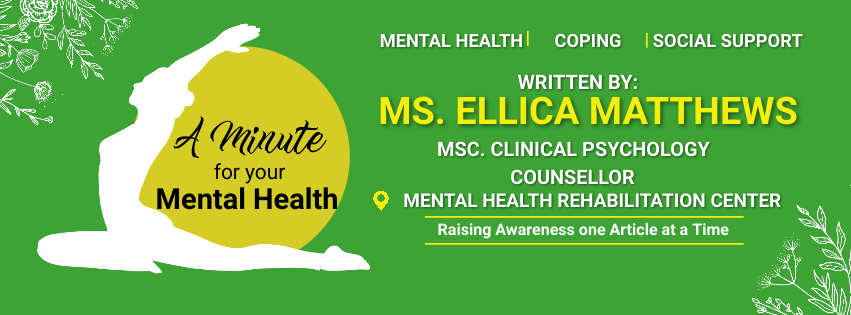Family is considered to be one of the main support systems for individuals. However, in order to have an honest conversation about mental wellness we must recognize that all family systems are not supportive, nor do they foster mental wellness. Within family structures young persons may be open to abuse: mental, physical, sexual and emotional. Family members can be the source of chronic stress which can contribute to suicidal ideation, depression and anxiety. Children/ adolescents can be exposed to neglect or substance abuse and its effects within the home. In addition, having parents who are abusive towards each other or going through a divorce can negatively impact a child/ children within that type of home environment.
So how can family members promote mental wellness:
Help children to recognize and celebrate their strengths.
Provide a safe place where children can talk about things that are concerning them. Let children know under no circumstance should adults ask them to keep secrets.
Help children to problem solve and develop action plans to address difficult situations.
Encourage children to be active in a variety of school and extracurricular activities.
Make sure that children have some time to unwind and relax in between scheduled activities.
Help children to understand the connection between physical and mental health.
Emphasize the importance of healthy lifestyle choices.
Help children learn new skills and empower them to make good decisions.
Talk about balance and choice with children.
Promote a healthy body image by positive role modelling (for example, not making negative comments about anyone’s weight and appearance).
Shield your child from adult interactions that may negatively affect them.
Speak to your children about abuse, and behaviors that are considered abusive.
These are just a few tips that can be used to create a healthy environment, as we are cognizant that growing up in an unhealthy environment can affect a person throughout their entire life span.

